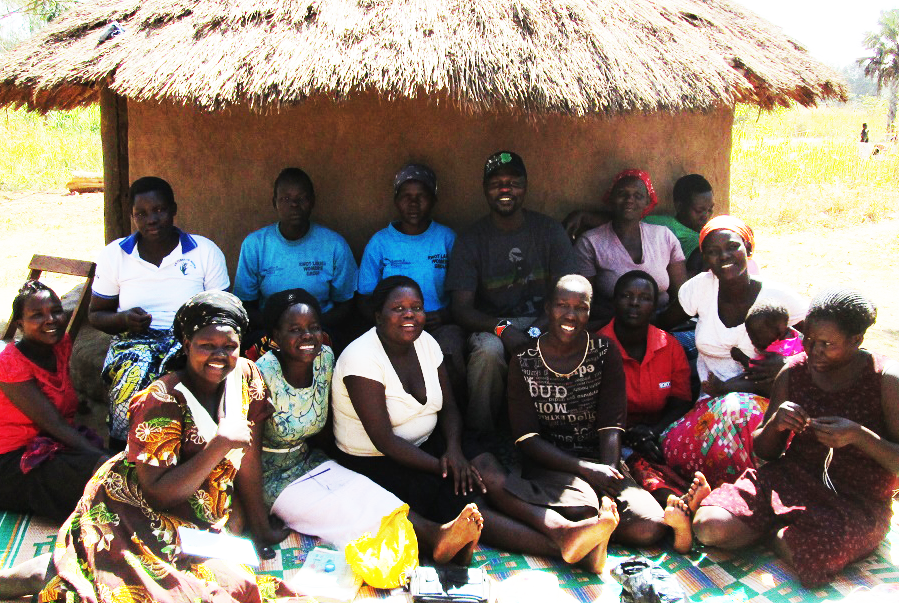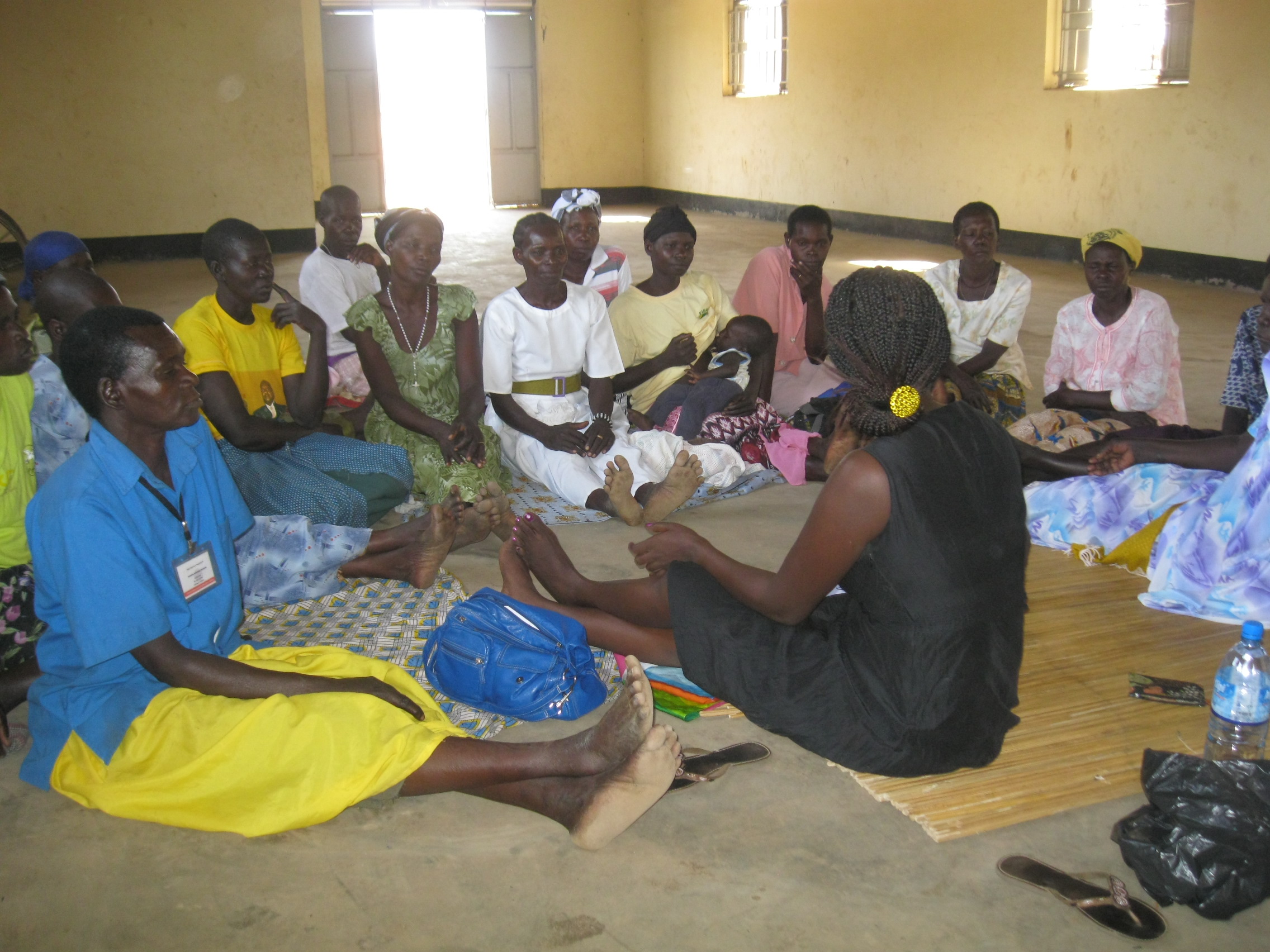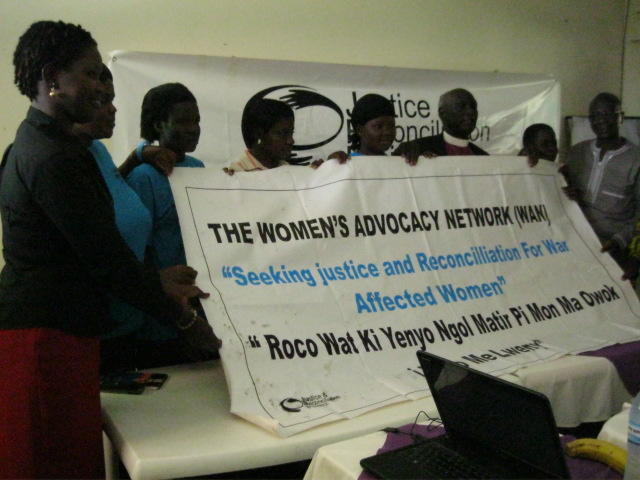
Every June 16, African Union member states and their partners celebrate the International Day of the African Child (DAC) to renew efforts to improve the lives of children on the continent. In its petition presented to the Gulu District Local Government (GDLG) in August 2013, 73 members of the Women’s Advocacy Network (WAN) emphasized the challenges they are facing in caring for their children born in captivity (CBC) and of conflict-related rape. They called for comprehensive bursary packages for these children, training for teachers on how to best support these children, psychosocial support for the children, and changes in laws that require knowledge of paternal lineages. In response to this presentation, the GDLG supported the WAN in presenting a follow-up petition before the Parliament of Uganda in Kampala, which ultimately resulted in a resolution being passed by the Parliament on the plight of persons affected by the war in northern Uganda. Prayers 7 and 8 of the resolution call on Government to instate a regional mechanism to “identify, integrate and regularise stateless children born in captivity” and review laws that require information on the paternity of a child to disclosed.
Recognising the necessity to better understand the needs of these “children born of war” (CBW), a term we have adopted to refer to any child conceived as a result of conflict-related sexual- and gender-based violence (SGBV), JRP set out last year to consult WAN members and their local leaders on the needs and challenges facing CBW and their mothers. Among 380 the WAN members who participated, we documented 437 children conceived out of an act of conflict SGBV against their mothers during the war, with 88% of the fathers believed to have been members of the Lord’s Resistance Army (LRA), and 12% of the fathers believed to have been members of the State’s National Resistance Army (NRA) or Uganda People’s Defence Force (UPDF).
Major challenges facing CBW include: stigmatisation and rejection, trauma and behavioural challenges, inability to meet basic needs, identity, and access to land. Further, we learned that there are unique gender dimensions to the needs of CBW, with female CBW being more susceptible to sexual exploitation and abusive marriages, and male CBW being without resources for dowry and land to settle on once married. Both male and female CBW of school-going-age face challenges with school fees. Local leaders we spoke to reported being aware of CBW in their communities, but suggested lack of data is an obstacle to the development of programmes and policies that benefit them. There is a general belief among local leaders that CBW and their mothers access more existing programmes than they do in reality.
Today, in honor of the Day of the African Child, JRP has released a briefing on the consultation findings and recommendations, titled, Alone like a Tree: Reintegration Challenges Facing Children Born of War and Their Mothers in Northern Uganda. Key findings include:
- More data is needed on the numbers and needs of CBW in order to inform interventions, especially at the sub-county-level.
- There is need to better understand the challenges facing CBW from their own perspectives, and what the women and children’s justice and redress needs and expectations are.
- Every stakeholder has a role to play in addressing the challenges raised.
- CBW need counselling and social support, so they can come to terms with their complex identities.
- The Government of Uganda (GoU) must prioritise support to CBW and their mothers through medical care, education, child- and family-tracing, land and housing, livelihoods, and by providing equal support to women as they provide to male ex-combatants.
- The GoU must investigate allegations of corruption and nepotism, especially with regards to government programmes for vulnerable groups, such as CBW.
- Fathers who are alive and known should be held accountable and provide child support.
- More steps must be taken to involve men and the community in programmes that offer assistance to CBW and their mothers.
- CBW and their mothers should be encouraged to seek unity and relief through groups and peer support.
The WAN and JRP encourage additional efforts by local and national government authorities to recognise CBC and other categories of CBW, such as children born of rape by state forces, and the development and implementation of measures to meet their needs and deliver redress and justice for the human rights violations they and their mothers have faced.
Read JRP’s situational brief on children born of war here.






